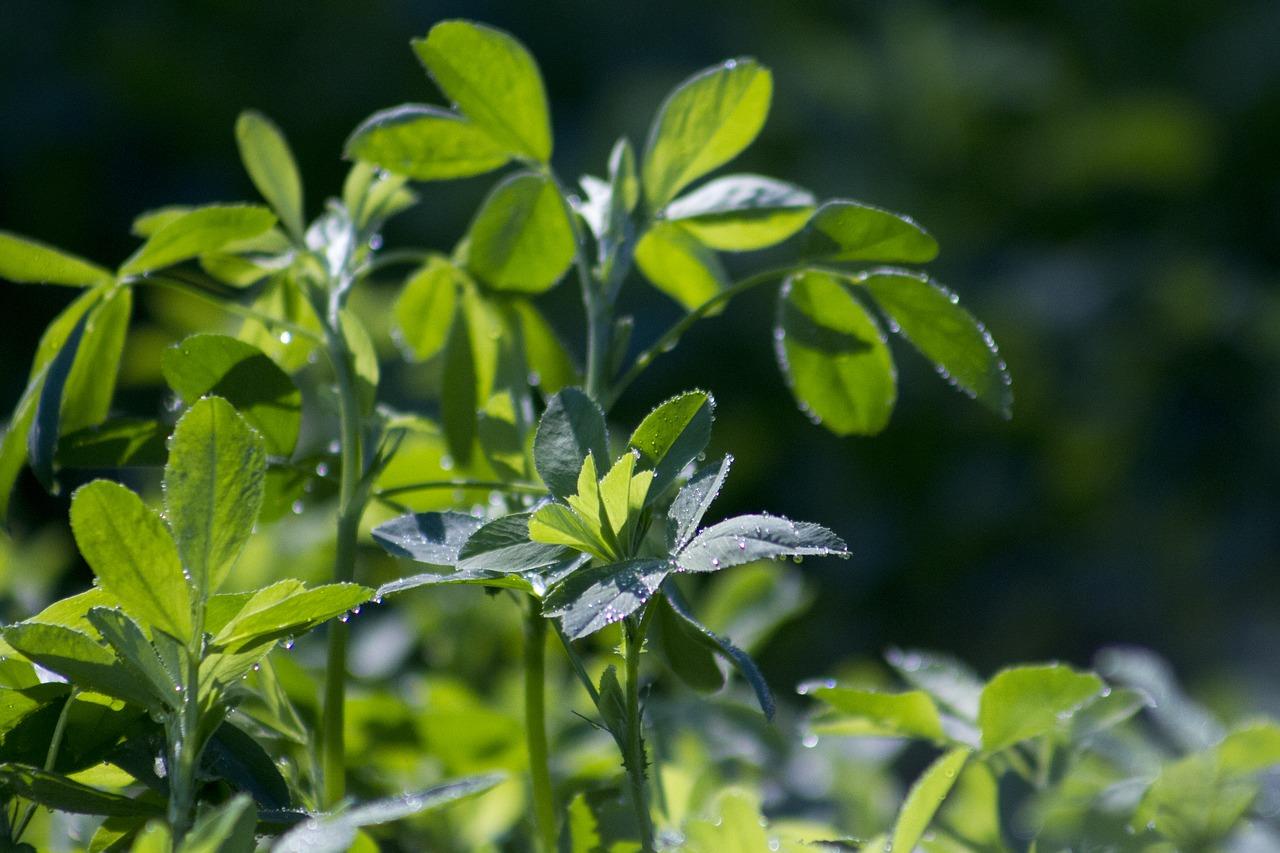
Mythbuster Monday: Feeding Alfalfa Causes Kidney Damage
On Mythbuster Monday, we tackle a variety of equestrian myths to either bust or confirm. Today’s discussion: Does feeding alfalfa cause kidney damage?
It’s Mythbuster Monday, where Horse Nation dives into different equestrian myths and provides research-based evidence to either bust or confirm those myths. Today’s topic: Does feeding alfalfa cause kidney damage? Is it more prone to happen in some horses more than others? Which horses should have diets without alfalfa? Read further to find out!
Myth: Feeding alfalfa causes kidney damage
Myth or Fact: Myth
Alfalfa is a green, leafy forage option for horses. It is part of the legume family so it has a different root structure than grasses and grains. It is a protein dense source given to many broodmares in foal, growing weanlings, horse athletes and other horses that have trouble maintaining optimal weight. It is 15-18% protein, which is 1.3% more protein than Timothy and Brome Grass. This significant increase in protein is possibly the reason for this myth.
In an article by The Horse, Ray Smith, PhD states that this is a myth. He states that a healthy horse, as long as he has adequate water, can excrete the extra protein from alfalfa just fine. He also write that horses with kidney disease shouldn’t consume alfalfa because it is high in protein, however the alfalfa itself does not create kidney damage.
Stable Management put out an article discussing the risks and benefits of alfalfa. They state that many people fear utilizing alfalfa because of the negative myths associated with it. In the article they write that while it offers nutritional advantages, it must be properly rationed.
The article points out that it is a myth that alfalfa causes kidney disease. They believe this myth came from alfalfa’s effect on urine production. Excess protein from the alfalfa is converted to urea, which means that the horse will excrete it through urination. This causes increased urination that will not damage a healthy kidney. If a horse already has kidney disease they should not be fed alfalfa, but the alfalfa itself has no correlation to creating kidney issues.
Alfalfa is also higher in calcium than other forage and grain options. When a horse filters and excretes the calcium, sometimes the urine has a more milky color. This led to myths that alfalfa creates urinary stones which can ultimately result in kidney damage. However, through research, the urinary stones are found to be caused by a separate infection in the urinary tract system, not the alfalfa.
Standlee Forage wrote in their article that horses getting kidney damage from alfalfa is an old wives’ tale. They state the reason for this myth is that with the increased protein horses tend to drink more which led to them urinating more and created concern for owners. While the horses are breaking down more protein, healthy kidneys can handle the excess protein being filtered and the kidneys will not be harmed.
Tribute Equine Nutrition wrote an article titled, “Do Not Be Afraid of Alfalfa!” In this article they state that high dietary protein does not lead to kidney dysfunction in horses. However, if your horse already has pre-existing kidney issues, alfalfa in the diet is not the right choice.
After diving into the research, for horses with kidney issues already, alfalfa may not be the best choice in forage. However, alfalfa does not create kidney damage in horses with healthy kidneys. Alfalfa causes increased water consumption which in return increases urine output. This is a normal and healthy occurrence.
Do you have an equine myth you’d like us to tackle? If so, send it our way! Email your suggestions to deann@horsenation.com. Put Mythbuster Monday in your subject line.












